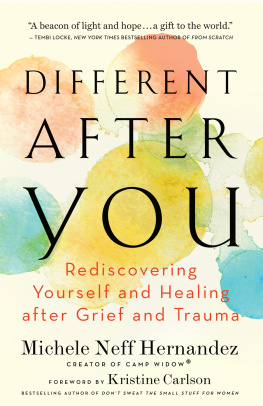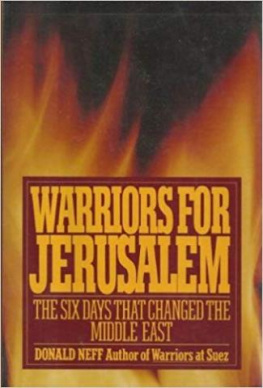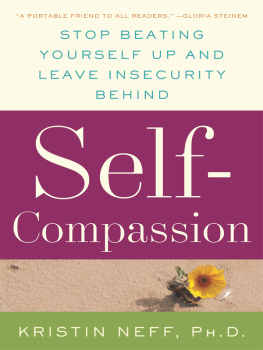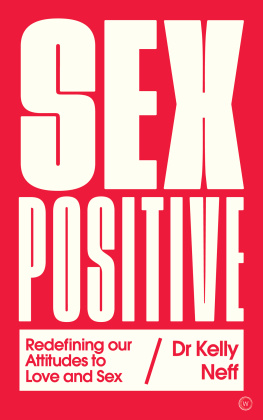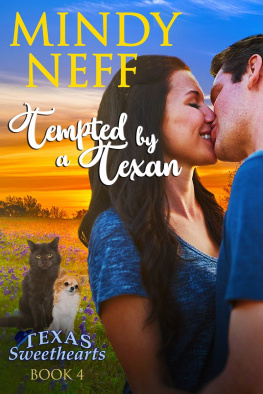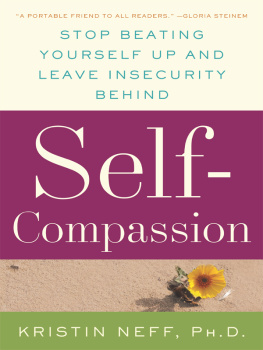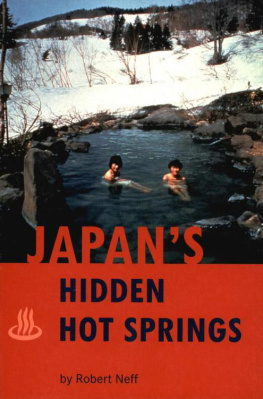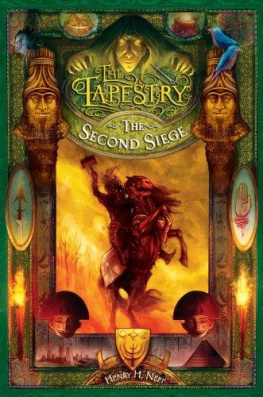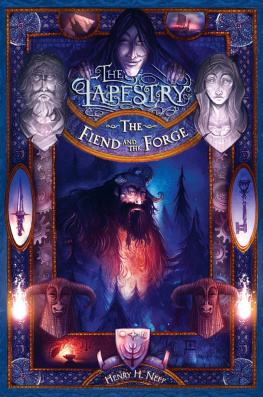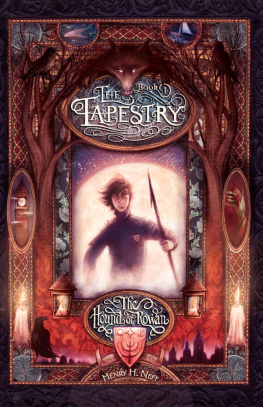2004 by the University Press of Kansas
All rights reserved
Published by the University Press of Kansas (Lawrence, Kansas 66045), which was organized by the Kansas Board of Regents and is operated and funded by Emporia State University, Fort Hays State University, Kansas State University, Pittsburg State University, the University of Kansas, and Wichita State University
Library of Congress Cataloging-in-Publication Data
Neff, John R.
Honoring the Civil War dead : commemoration and the problem of reconciliation / John R. Neff.
p. cm.(Modern war studies)
Includes bibliographical references and index.
ISBN 978-0-7006-1366-8 (cloth : alk. paper)
ISBN 978-0-7006-2259-7 (pbk. : alk. paper)
ISBN 978-0-7006-2344-0 (ebook)
1. United StatesHistoryCivil War, 18611865Monuments. 2. United StatesHistoryCivil War, 18611865Influence. 3. Soldiers monumentsUnited StatesHistory 4. Soldiers monumentsSouthern StatesHistory. 5. NationalismUnited StatesHistory. 6. NationalismSouthern StatesHistory. 7. ReconciliationHistory19th century. 8. ReconciliationHistory20th century. 9. United StatesPolitics and government18651933. 10. Southern StatesPolitics and government18651950. I. Title. II. Series.
E641.N44 2005
973.7'6dc22 2004025530
British Library Cataloguing-in-Publication Data is available.
Printed in the United States of America
10 9 8 7 6 5 4 3 2 1
The paper used in this publication meets the minimum requirements of the American National Standard for Permanence of Paper for Printed Library Materials z39.481984.
For John and Patricia, my parents:
A better start I could not have had.
T he final use of the greatest men of a Nation is, after all, not with reference to their deeds in themselves, or their direct bearing on their times or lands. The final use of a heroic-eminent lifeespecially of a heroic-eminent deathis its indirect filtering into the nation and the race, and to give, often at many removes, but unerringly, age after age, color and fibre to the personalism of the youth and maturity of that age, and of mankind. Then there is a cement to the whole people, subtler, more underlying, than any thing in a written constitution, or courts or armiesnamely, the cement of a death identified thoroughly with that people, at its head, and for its sake. Strange, (is it not?) that battles, martyrs, agonies, blood, even assassination, should so condenseperhaps only really, lastingly condensea Nationality.
Walt Whitman, Death of Abraham Lincoln
Acknowledgments
A lthough research and writing are solitary tasks , the completion of a work of history cannot be accomplished by an individual alone. Like many before me, I have accrued over the years innumerable debts, largely beyond my ability to repay, except in this paltry recognition of the invaluable gifts given me.
I would like to thank, for their generous, always cheerful, and exemplary assistance, the staff of Interlibrary Loan and Rick Beaumont, Government Publications Depository, both of Rivera Library, University of California, Riverside. For the sharing of their expertise as well as access to their collections, I would like to express my deep appreciation to Jennifer Ford and Leigh McWhite, Special Collections, J. D. Williams Library, University of Mississippi; the kind folks at the A. K. Smiley Library Heritage Room, Redlands, California; Special Collections, University of California, Santa Barbara; the Huntington Library, San Marino, California; Bill Irwin and staff at the Perkins Library, Duke University, Durham, North Carolina; John Coski, Eleanor S. Brockenbrough Library, Museum of the Confederacy, Richmond, Virginia; the staff of the Virginia Historical Society, Richmond; Leslie Rowland, director of the Freedmen and Southern Society Project, University of Maryland, College Park; and the unfailing, patient, and largely unheralded staff research assistants of the Library of Congress Manuscript Division, Microfilm and Reading Rooms, and the National Archives and Records Administration. This work would not have been possible without your assistance, and I am grateful.
Special notice must be made of several who contributed personally to my research efforts: Karen R. Tupek and Therese Sammartino of the Veterans Administration; Scott Hartwig and the staff at Gettysburg National Military Park, for their kind hospitality; Bill Martin and the staff of the Fort Sumter National Military Park; Walter A. Gray Jr., Beaufort National Cemetery; Lincoln T. Berry, with whom I spent a pleasant afternoon at the Soldiers Home National Cemetery, Washington, D.C.; and Fred Espinak, NASA/Goddard Space Flight Center, Planetary Systems Division, for answering patiently my arcane questions about century-old eclipses.
To those who have invested so much of themselves in me, I cannot pay any adequate dividend other than to reinvest that commitment in my own students: William Patey, John Reagan, Sara Mason, Ronald W. Yoshino, David C. Sloane, Richard Johnson, David Levering, John Moore, Charles Wetherell, Piotr Grecki, thank you all. I will always hold a special gratitude to John A. Phillips, whose warmth, professionalism, wit, sage advice, and ties I will try to carry with me always. John, I can truly never thank you enough.
Numerous scholars have worked diligently to make this work better than they found it and along the way improved the historian who wrote it. Roger L. Ransom, Richard Godbeer, and P. Sterling Stuckey deserve special mention since they suffered with it first and with me longer than anyone else. Sterling, you in particular have been so generous, and I will always treasure your elegant grace, warmth, and wisdom. My friends and colleagues at the Department of History, University of Mississippi, have provided unflagging and enthusiastic support, especially Robert Haws, Charles Eagles, Joe Ward, Sue Grayzel, Josh Howard, Ted Ownby, Douglass Sullivan-Gonzlez, Jeff Watt, and Harry P. Owens. David Sansing, thank you for my own Gettysburg Address. I would like to make a special note of my indebtedness to Winthrop Jordan, with whom I have been lucky to be associated these last few years. He is the very definition of a gentleman and a scholar, and his encouragement and advice have been a special blessing. I would also like to acknowledge the efforts of my various readers, anonymous and otherwise, whose thoughtful and insightful critiques strengthened this work throughout, particularly Donald Shaffer, University of Northern Colorado. Of course, I am particularly grateful to Michael Briggs, Larisa Martin, Susan McRory, Jan Butin, Susan Schott, and the rest of the staff of the University Press of Kansas.
Among the rest to whom I owe far too much and will happily spend the rest of my life making good on the debt, I would like to thank Peter McCord, Jennifer Hildebrand, and William C. Johnson, partner in crime; adoptive siblings John P. Lloyd, another brother, and Sharon Chism, my sister, who despite distance is never very far away. Thank you Robert, my brother, and Mark (bil), for your love and support; I am immensely proud of you both. I am grateful to all my family for their understanding and encouragement, but especially Ben, Molly, and Kathy, who not only made this and everything else possible, but also make it all worthwhile.


